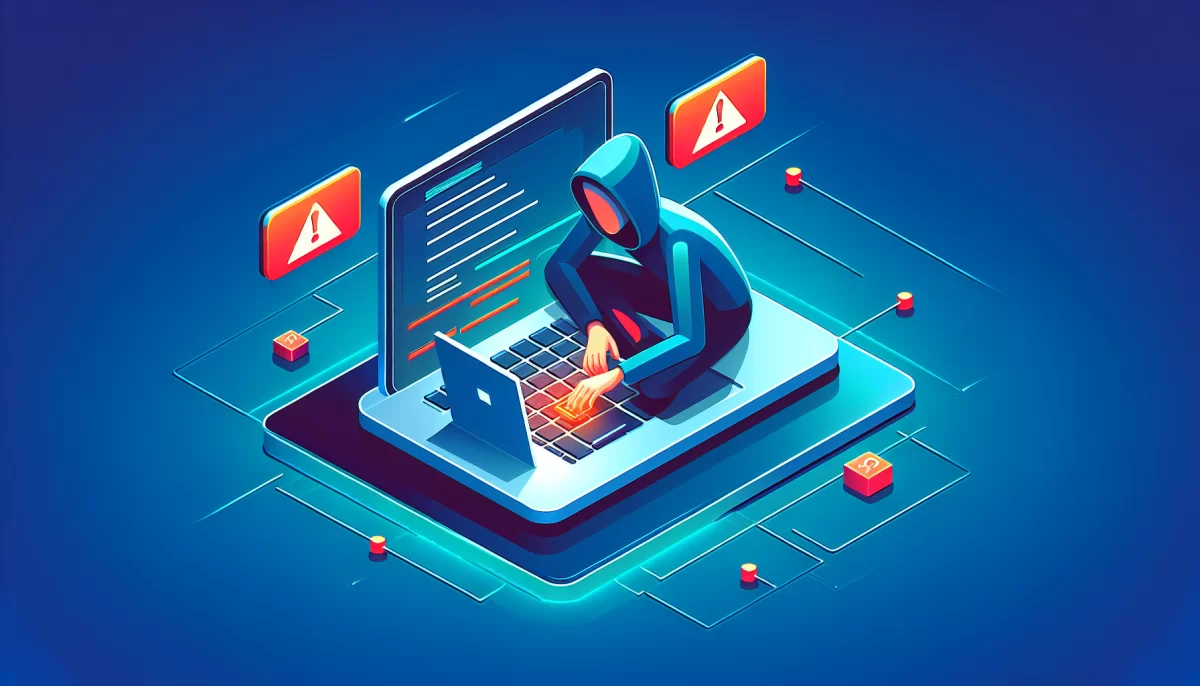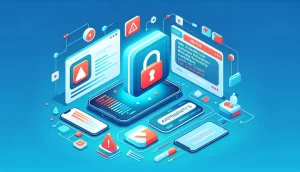Hackers: The Crucial Third Pillar of Cybersecurity
In today’s rapidly evolving digital landscape, businesses must secure their systems through a combination of skilled personnel, advanced tools, and often overlooked yet vital contributors: hackers. While most companies understand the importance of hiring the right employees and equipping them with cutting-edge security tools, fewer recognize the pivotal role that ethical hackers play as the third pillar of effective cybersecurity.
The Three Pillars of Modern Cybersecurity
Robust cybersecurity relies on:
- Skilled security professionals who design, implement, and maintain defense mechanisms.
- Advanced security tools such as vulnerability scanners and firewalls that monitor and protect systems.
- Ethical hackers—independent experts who proactively identify vulnerabilities before malicious actors exploit them.
Ignoring any one pillar jeopardizes the overall security posture. Ethical hackers, often perceived negatively due to misconceptions, actually serve as invaluable allies in safeguarding digital assets.
Why Ethical Hackers Matter: Insights from Recent Events
Recent high-profile security payoffs underscore the growing significance and value of ethical hacking. For instance:
- In May 2022, a $10 million bounty was awarded to a hacker identifying a critical vulnerability in the Wormhole protocol, one of the largest bug bounty payouts ever recorded (Immunefi report).
- In June 2022, another $6 million bounty was paid for discovering a severe flaw in the Aurora blockchain project (Immunefi report).
Simultaneously, emerging cyber-warfare threats highlight how vulnerabilities can have geopolitical impacts (Wall Street Journal, 2022).
Understanding Ethical Hackers: Who Are They?
The media often perpetuates stereotypes portraying hackers as malicious criminals or teenage pranksters. However, ethical hackers are highly skilled independent security researchers. They:
- Operate as freelancers or consultants remotely.
- Test systems using authorized means to detect vulnerabilities.
- Help organizations remediate weaknesses before they are exploited by criminals.
This distinction is crucial: ethical hackers aim to protect and improve cybersecurity, not harm organizations.
Why Do Skilled Hackers Choose Freelance Ethical Hacking?
The global demand for cybersecurity expertise has never been higher. According to (Cybersecurity Ventures, 2023), there will be 3.5 million unfilled cybersecurity jobs worldwide by 2025. Despite this demand, many proficient security experts reside in countries with nascent IT industries and limited full-time employment options.
Factors influencing the choice of freelance ethical hacking include:
- Remote work preferences fueled by pandemic-driven shifts to flexible work environments.
- Tax and regulatory constraints that make traditional full-time contracts challenging for international hires.
- Desire for diverse challenges rather than being limited to a single employer’s environment.
The Challenges of Bug Bounty Hunting
While many top technology corporations recognize the value of ethical hacking, providing well-structured Vulnerability Disclosure Programs (VDPs) and timely rewards, the landscape remains uneven:
- Large tech firms like Google, Microsoft, and Facebook offer lucrative bug bounty programs with transparent guidelines and payouts.
- Smaller companies often lack formal VDPs, leading to hostile or dismissive responses when security researchers report findings, including legal threats.
Adopting vulnerability disclosure policies is growing, but enterprises and governments lead the way. Smaller organizations have much to learn about constructive engagement with security researchers.
Best Practices for Collaborating with Ethical Hackers
Organizations aiming to strengthen their security posture should consider:
- Implementing a clear, public-facing vulnerability disclosure policy to establish trust and guidelines for security researchers.
- Recognizing that hackers often seek to help, not harm, and fostering positive communication channels.
- Providing structured bounty programs or incentives to motivate skilled freelancers to report vulnerabilities responsibly.
Failing to engage hackers respectfully risks public disclosure of vulnerabilities without mitigation, potentially attracting malicious actors.
Hackers as Innovators Behind Leading Security Tools
Many industry-leading cybersecurity technologies originate from hacker communities. Vulnerability scanners, penetration testing frameworks, and innovative detection methods have roots in ethical hacking research. Organizations continuously collaborate with hackers—both as employees and freelancers—to enhance their security capabilities and stay ahead of emerging threats.
Conclusion: Embracing Hackers as Integral to Cybersecurity
Effective cybersecurity demands a comprehensive approach unified by the three pillars: expert teams, advanced tools, and ethical hackers. Embracing ethical hackers fosters innovation, accelerates vulnerability discovery, and ultimately builds stronger defenses against evolving cyber threats.
Key Takeaways:
- Ethical hackers are essential partners in improving cybersecurity.
- Building trust via vulnerability disclosure policies benefits both organizations and researchers.
- The bug bounty landscape is evolving, rewarding skilled freelancers who continue to advance digital security.
Understanding and integrating the value of ethical hackers into your cybersecurity strategy is not just recommended—it is becoming indispensable for resilient digital defense.



